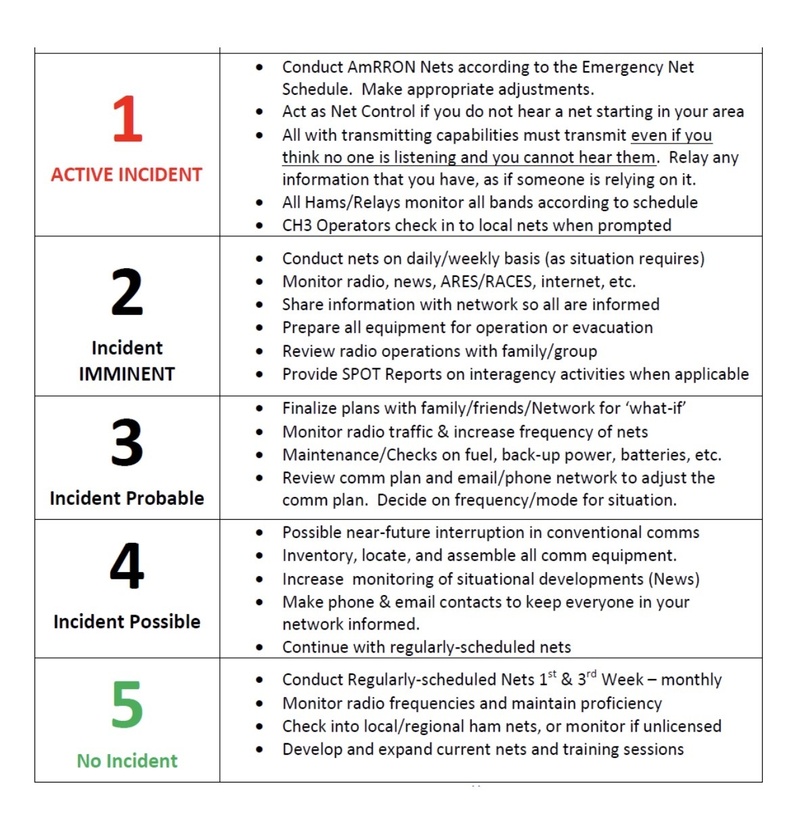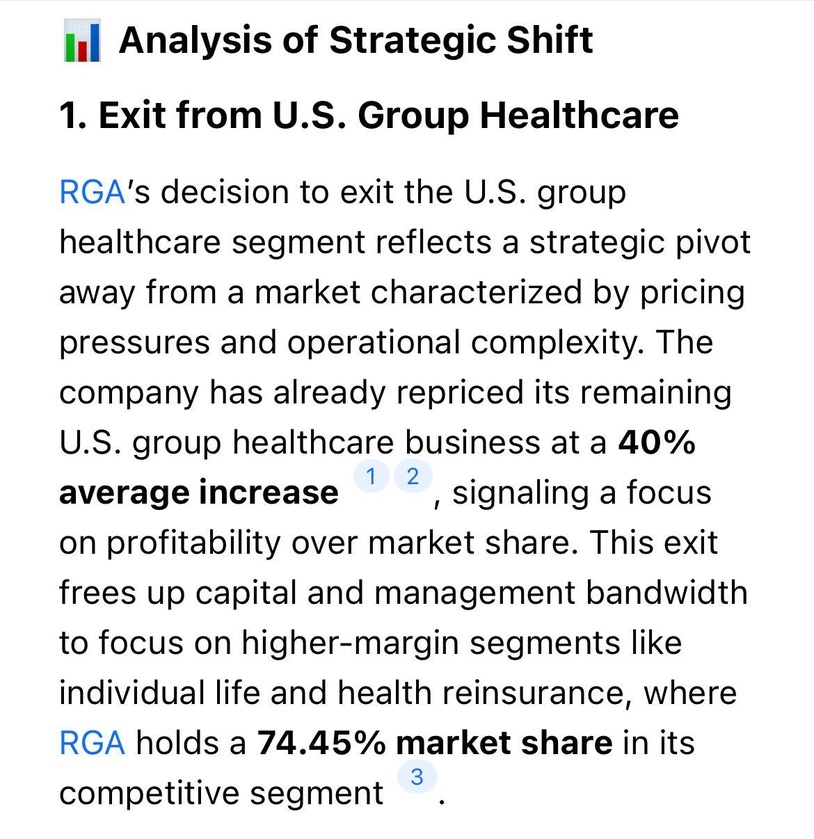
We know what’s coming and we are prepared.
🇬🇧🏦 Why Britain is on the verge of a cataclysmic financial crisis
If it came to pass, a market crash on the scale of 1987 would prove a cataclysmic political and economic event. It would send interest rates soaring, increasing costs for mortgage holders and for highly indebted companies, especially in the property sector. Business would fail and pension funds would be hard.
Perhaps most importantly of all, the already-high cost of servicing national debts would climb even higher. It would force profligate politicians to finally face up to the consequences of their wild spending.
There is plenty about the financial markets over the last few weeks that looks very similar to the late 1980s. There is, however, an important difference. Policy makers still had fiscal room to respond to the crash of Black Monday. After two decades of easy money, and constant buffering of the markets with quantitative easing to prevent a crash, that no longer exists.
📎 Telegraph
This guy wrote a 25 line Python script he claims "can probably unredact all of the Epstein files in less than 30 seconds".
"I am not suicidal, I am a great swimmer, and I look forward to living my life well into my 80s."
Follow @RealWideAwakeMedia for more content like this!
Merch: https://wideawake.clothing
X | YT | IG | Rumble
US / Iranian Conflict
Raising to AmCON 3 (Incident Probable)
Due to the following: deteriorating negotiations between the United States and Iran; the surge in the past 48 hours of “final stage” US military assets into the Middle East; vacating US personnel from bases in Syria; the “Fatwa” issued last summer by Iranian clerics in the Summer of 2025 calling Muslims around the world to rise up if Iran is attacked; the numerous reports of Iranians who have infiltrated the US southern border in recent years and the warnings of “sleeper cells” in the United States, AmRRON is raising the AmCON one level, to Level 3 (Incident Probable).
AmRRON Special Guidance and Instructions:
AmRRON will remain at AmCON 3 until further notice, and we will continuously be monitoring the situation. Additional changes to the AmCON level, and any special instructions or guidance, will be posted here, as well as through the AmRRON member Telegram Channel, the AmRRON Corps Z-Net, and the AmRRON Mobile Team App....

If you’re a parent, this should make your stomach drop!
Every year, millions of families across America proudly display school photos of their children.
On refrigerators. In picture frames. Sent to grandparents and relatives across the country.
But here’s what most parents are never told…
Those school photos are taken by Lifetouch — the largest school photography company in America.
Lifetouch is owned by Shutterfly.
Shutterfly was acquired by Apollo Global Management.
And Apollo Global Management was co-founded by Leon Black — a name that appears in the Epstein files.
That means millions of children’s images are uploaded into databases every single year by a corporate structure tied to someone connected to Epstein.
Let that sink in!
https://vxtwitter.com/i/status/2019500982997041332


















